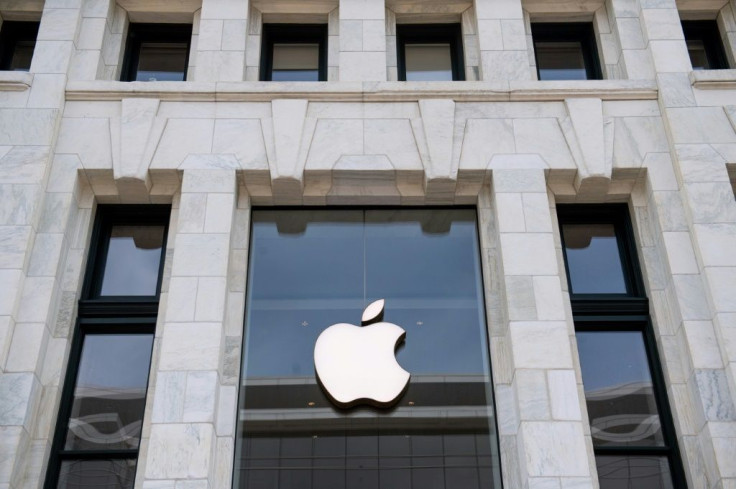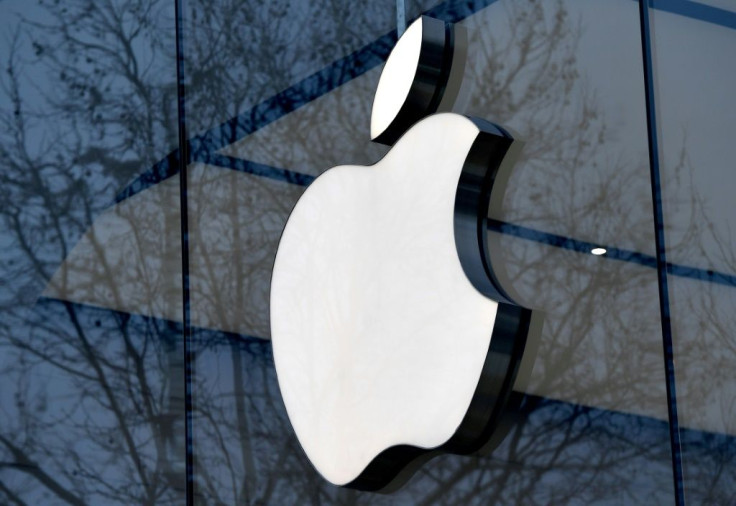Apple Pulls 'Fortnite' From App Store, Epic Games Sues Apple

KEY POINTS
- A lawsuit has been filed by Epic Games against Apple after the latter removed "Fortnite" from the App Store
- The new payment system that Epic Games instituted allows players to pay them directly, effectively cutting out Apple and the 30% that they make off those in-game purchases
- Currently facing two antitrust investigations in the European Union, Apple is being painted as the behemoth that it once accused IBM of being in a classic Super Bowl ad
Epic Games, developers of the global phenomenon that is “Fortnite,” has sued Apple after the game was removed from the App Store.
After Epic Games implemented a new way to purchase the “Fortnite” in-game currency known as V-Bucks, allowing users to bypass Apple’s payment system for a discount, players who choose to buy directly through Epic would then pay less for V-Bucks.
This means that Epic Games would keep the 30% that Apple has been taking since “Fortnite” made its debut on the App Store. By Epic Games taking out the middleman, so to speak, Apple countered that the new payment system was “not reviewed or approved by Apple” and remove the app.
Apple has said that it would return “Fortnite” to the App Store once the payment option is removed. Meanwhile, Epic Games is taking Apple to court for help in addressing what it calls Apple’s monopolization of the industry, notes Polygon.
Epic Games is not asking for monetary damages; Instead, Epic Games wants the court to force Apple away from its “anti-competitive restrictions.”
Throughout the complaint, in a twist of fate, Epic Games’ lawyers referenced the classic 1984 Super Bowl ad from Apple which was directed by filmmaker Ridley Scott. That as was a reference to George Orwell’s sci-fi classic “1984” and IBM’s then-monopoly over the personal computer market.
“Fast forward to 2020, and Apple has become what it once railed against: the behemoth seeking to control markets, block competition, and stifle innovation,” Epic Games’ suit reads.
“Apple is bigger, more powerful, more entrenched, and more pernicious than the monopolists of yesteryear. At a market cap of nearly $2 trillion, Apple’s size and reach far exceed that of any technology monopolist in history,” the suit said.
Apple’s domination over app distribution and payment was called “unlawful” by Epic Games and called the 30% “tax” on sales “oppressive.” The complaint states that Apple has refused “to let go of its stranglehold on the iOS ecosystem,” which it said hurts Epic, its competitors, and consumers.
Another complaint from the suit claims that Apple has been violating the Sherman Act, an antitrust law that prohibits monopolization. Epic Games further calls on the California Cartwright Act and California’s Unfair Competition Law.
This is not the first time that the App Store has been subject to an antitrust investigation as it is currently facing two of these in the European Union. The outcome of this lawsuit will almost assuredly impact Apple’s practices and could bring further change to the tech industry.

© Copyright IBTimes 2025. All rights reserved.



















